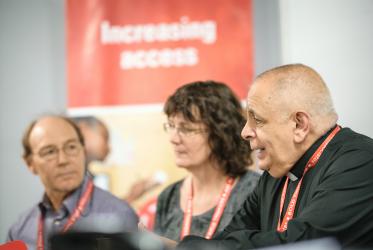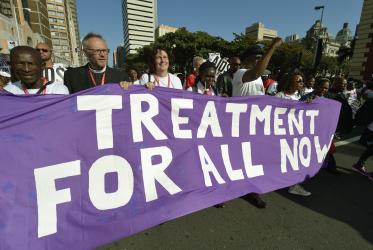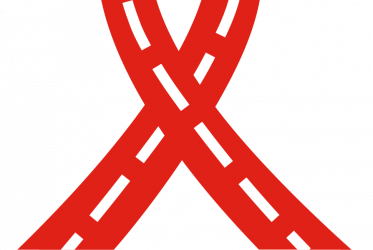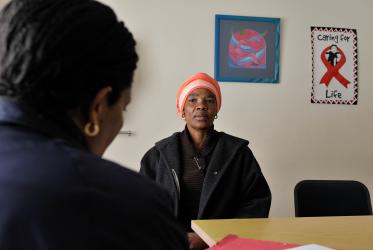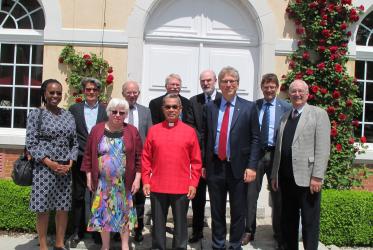Rev. Dr Hielke Wolters is leaving the WCC after serving for nine years - the last seven years as associate general secretary - but he is not leaving the ecumenical movement to which he has been dedicated since his student days. Officially is he going to retire, but only on the paper. He has many thoughts and plans to realize as he moves back to the Netherlands to serve, in one way or another, the church or the wider ecumenical movement. Wolters said to WCC News with a smile: “I’m open for any suggestion and I know that God will lead me in the right direction when that time comes.”
01 August 2016




